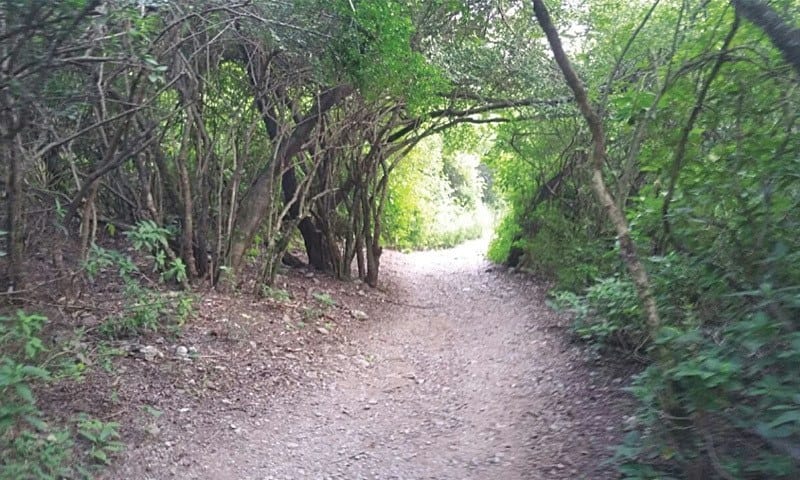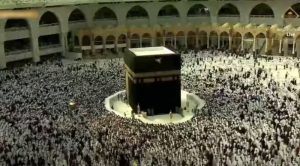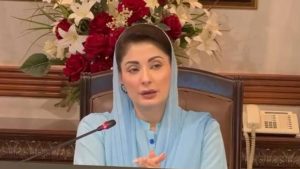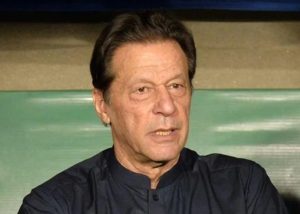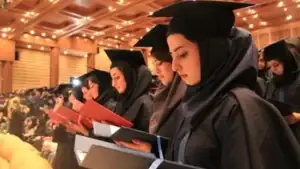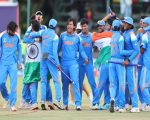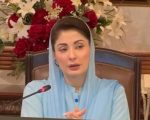ISLAMABAD – The latest research paper published in Land-MDPI, an international peer-reviewed journal has revealed a significant reduction in the urban forest cover of federal along with an increase in concrete cover.
The research titled “Monitoring of urban landscape ecology dynamics of Islamabad Capital Territory (ICT), Pakistan, over four decades (1976-2016)” highlights that the settlement in ICT has increased from 29.99 km2 (3.31%) in 1976 to 170.40 km2 (18.80%) in 2016.
Regarding urban forest over, it was 599.9 km2 (66.21%) which was reduced to 438.80 km2(48.43%) in forty years (1976-2016). Regarding the urban landscape settlement, it has increased at an annual rate of 4.34% since 1976, with the highest annual rate of 8.79% from 2000 to 2010.
According to Dr. Hammad Gilani, Assistant Professor, Institute of Space Technology (IST), Islamabad, the lead author of this research, “The results of landscape analysis in this study reveal that the ICT urban landscape has become more heterogeneous, disproportional and diverse, and tree patches have declined. Alarmingly, core forests have declined by almost 15% in 40 years.”
He further says, “Massive migrations have occurred over the past few years from rural to urban areas, mostly due to low cultivated land output, landlessness, sub-division of land, poor economy, and better educational and health opportunities in urban areas. The rapid increase in population has contributed towards natural resource depletion and rapid deforestation close to settlements.”
The findings from urban landscape matrix and forest fragmentation analysis in this study could help ICT Capital Development Authority (CDA) and Islamabad Wildlife Management Board (IWMB) in making strategic decisions to prevent tree loss, forest degradation, and encroachment in the urban landscape of ICT, and also plan future urban growth keeping with the use of remote sensing imagery and geospatial analysis.
Co-authors of this research are Sohail Ahmad, Waqas Ahmed Qazi, Syed Muhammad Abubakar, and Murtaza Khalid.

